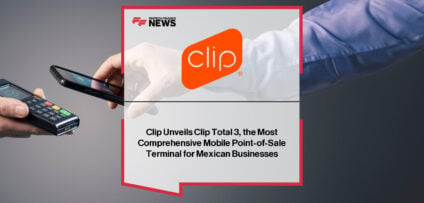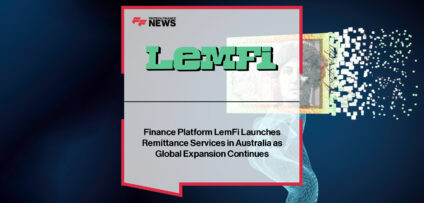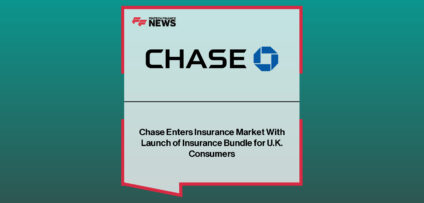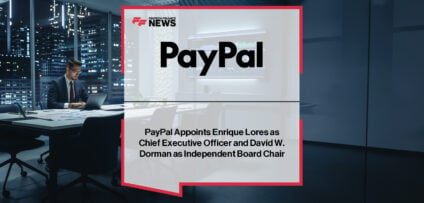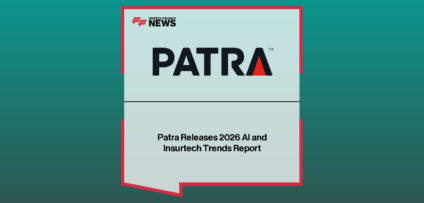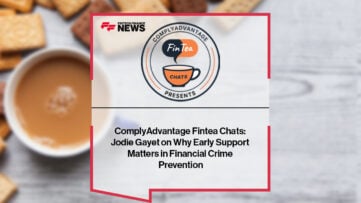Breaking News
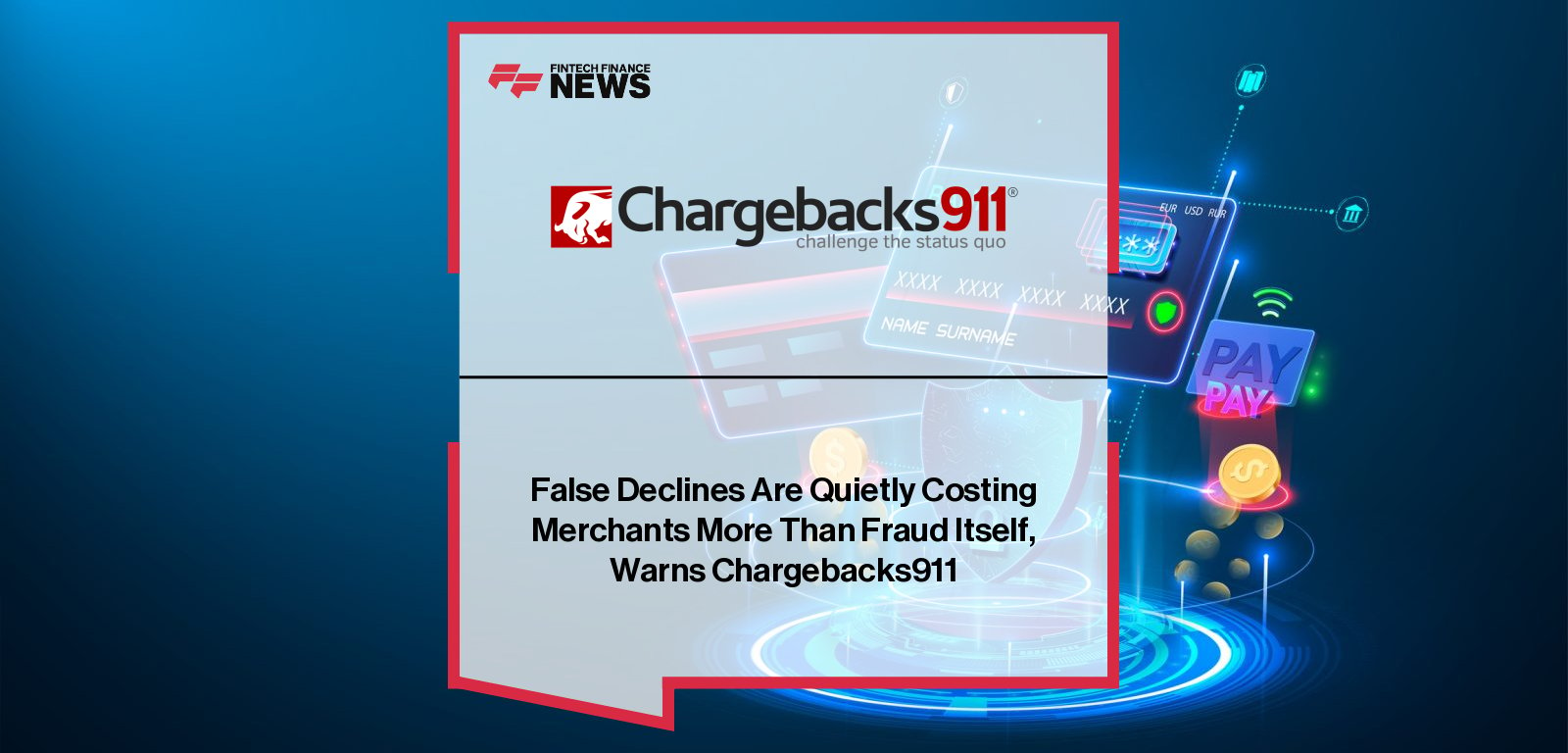
False Declines Are Quietly Costing Merchants More Than Fraud Itself, Warns Chargebacks911
The payments industry has spent decades waging war on fraud. But according to Chargebacks911, a global leader in dispute resolution and chargeback prevention, data shows merchants are losing more money and goodwill to false declines than to fraud itself. The findings, drawn from the company’s Cardholder Dispute Index and Chargeback Stats, highlight how blunt fraud filters are quietly eroding revenue, trust, and loyalty at a staggering rate.
Fraud filters are meant to protect businesses, but they are blocking good customers at checkout instead. Chargebacks911’s analysis shows that these systems can mistakenly block 75 times more legitimate revenue than the fraud they stop. And when a customer gets turned away, it is not just a lost sale. 80% of cardholders say being falsely declined is not just annoying but embarrassing, and most will simply take their business somewhere else.
Donald Kossmann, Chief Technology Officer at Chargebacks911, spent more than a decade at Microsoft, where he built the company’s own fraud filter. He says the industry has the balance wrong. “Every false decline is a failure of design. I’ve built these systems myself, I know how easy it is to focus too much on catching fraud and forget the cost of blocking the wrong people. Merchants celebrate when a filter stops fraud, but if that same system rejects thousands of good customers, what did you really save?”
The company’s 2025 Cardholder Dispute Index shows how quickly these experiences spiral. Nearly half of cardholders admit they bypass the merchant altogether and go straight to their bank when they suspect a problem. Another 39% say they struggle to even recognize charges on their statement because billing descriptors are unclear. And once a dispute is successful, more than 90% of cardholders say they feel encouraged to file another.
That feedback loop is fueling a historic surge in disputes. According to Chargeback Stats, the average cardholder filed 5.7 chargebacks in 2023, each worth about $76, adding up to over $65 billion in disputes. 72% of merchants reported an increase in friendly fraud chargebacks in 2024, while eCommerce chargeback rates jumped 222% in just one year.
Kossmann says the industry needs a reset. “When I worked on Microsoft’s fraud systems, we constantly had to ask ourselves: are we stopping crime, or are we stopping customers? That’s still the fundamental question. If you spend a million dollars on fraud tools that end up blocking ten million in clean revenue, you’re sabotaging your business. The next wave of fraud prevention has to focus on accuracy, not aggression.”
Chargebacks911 is urging merchants, issuers, and processors to reset the balance. Fraud prevention can’t just be about blocking as much as possible. It has to be about protecting real customers, even when their behavior looks a little messy on paper.
“As fraudsters innovate, merchants have to keep pace,” Kossmann added. “But treating your best customers like criminals is not innovation. If we don’t shift the mindset now, false declines will keep costing more than fraud itself.”
People In This Post
Companies In This Post
- Clara Renews $150 Million Debt Facility With Goldman Sachs to Scale Payments Products in Mexico, Bringing Total Debt Capacity to Over $250 Million Read more
- Clip Unveils Clip Total 3, the Most Comprehensive Mobile Point-of-Sale Terminal for Mexican Businesses Read more
- ComplyAdvantage Fintea Chats: Jodie Gayet on Why Early Support Matters in Financial Crime Prevention Read more
- Why Hybrid Cloud is Becoming the Backbone of Modern Banking Read more
- ING: Learning Before Scaling AI at Speed Read more






